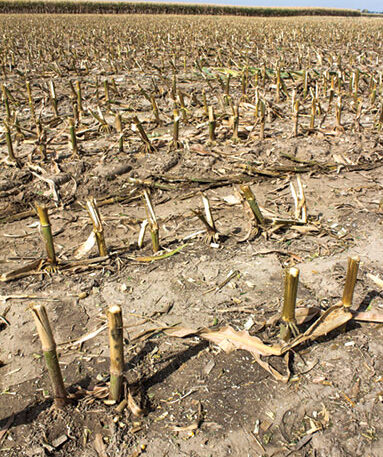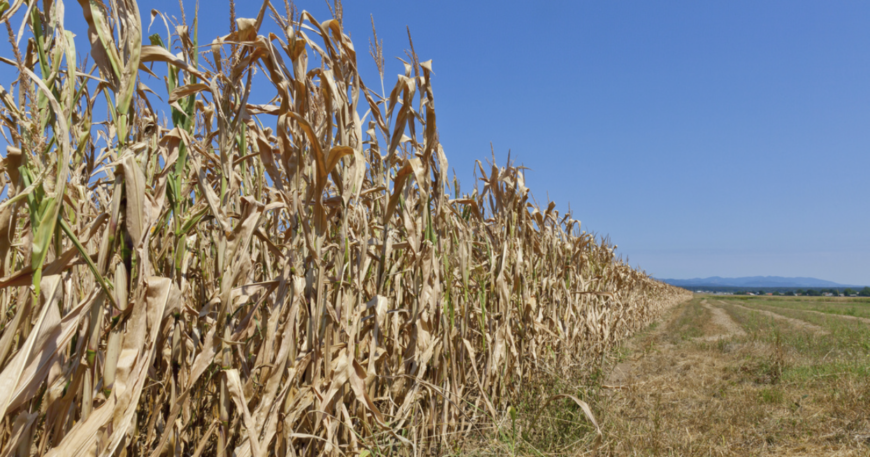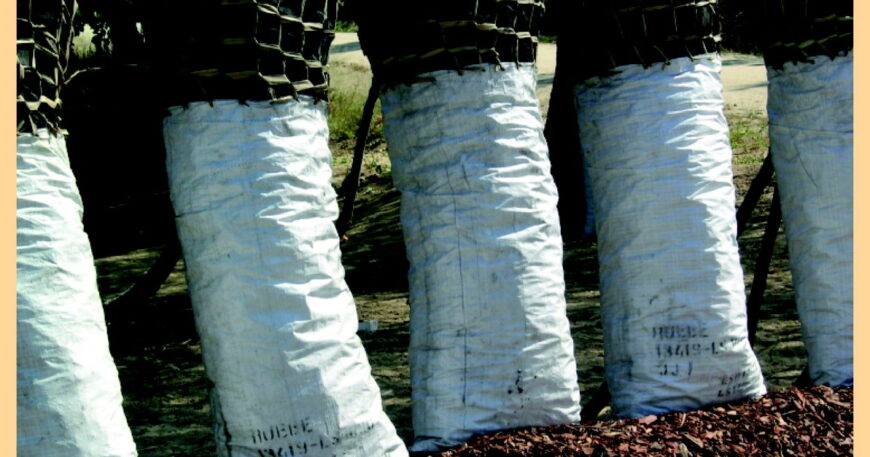Kalumbila farmers responding to climate change issues
By Angela Kanyembo Some farmers in North Western province lost crops due toflooding in the last farming season. More flooding has beenreported across Zambia as climate change threatens lives, food security and world economies. Climate change is the strong change in temperature and weather patterns. It has affected food security as floods destroy crops. This will affect children more than adults. In an interview, Chovwe Ward Councilor Kelvin Nkolomba ofKalumbila District said one of the solutions to protect food security was to reduce depending on the same type of crops as sources of food. He said in Chovwe area, community leaders are talking tofarmers to diversify on crops to increase food choices. “At least there are some crops that have been introduced. We are talking of diversification. We are going round to ensure that we should not only depend on one crop that we have been used to because the weather has been changing,” he said. Mr. Nkolomba said it was possible that if people were prepared to look at more crops then food security can be protected. “There is a lot of encouragement regarding diversifying in terms of farming. We have realized that our environment has been tempered with by ourselves. As we have been cutting trees, burning charcoal but to mention a few which has caused negative effects to ourenvironment. At least, we have been engaging communities to ensurehow best we can work together to ensure that we mitigate inenvironment impact,” said Mr. Nkolomba. He said North Western might see more effects of climate changebecause of uncontrolled cutting of trees and mining activities.













